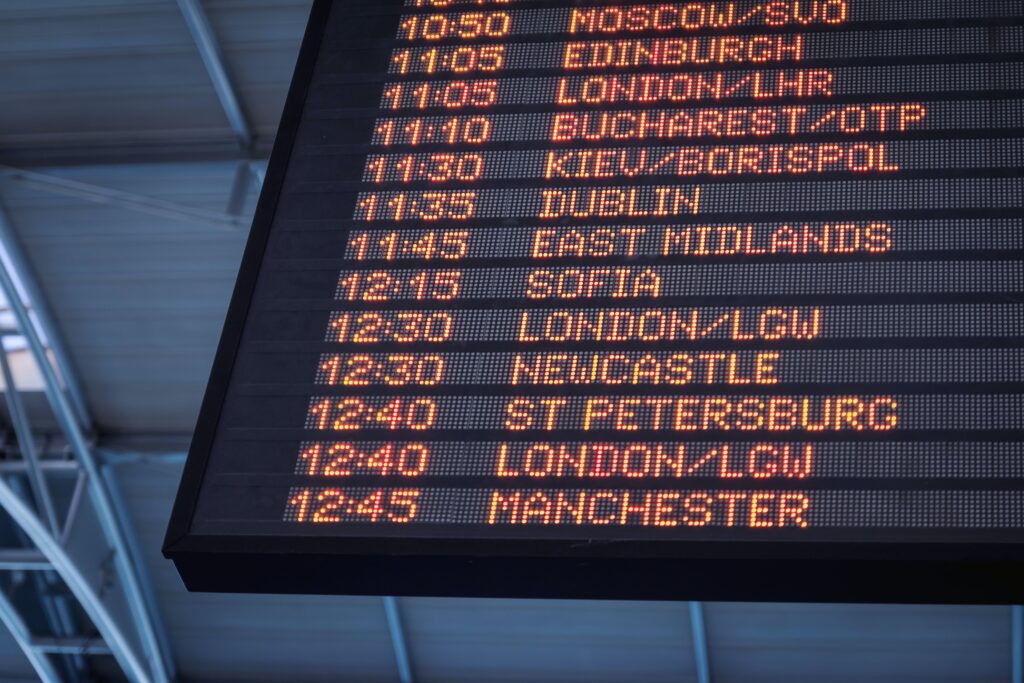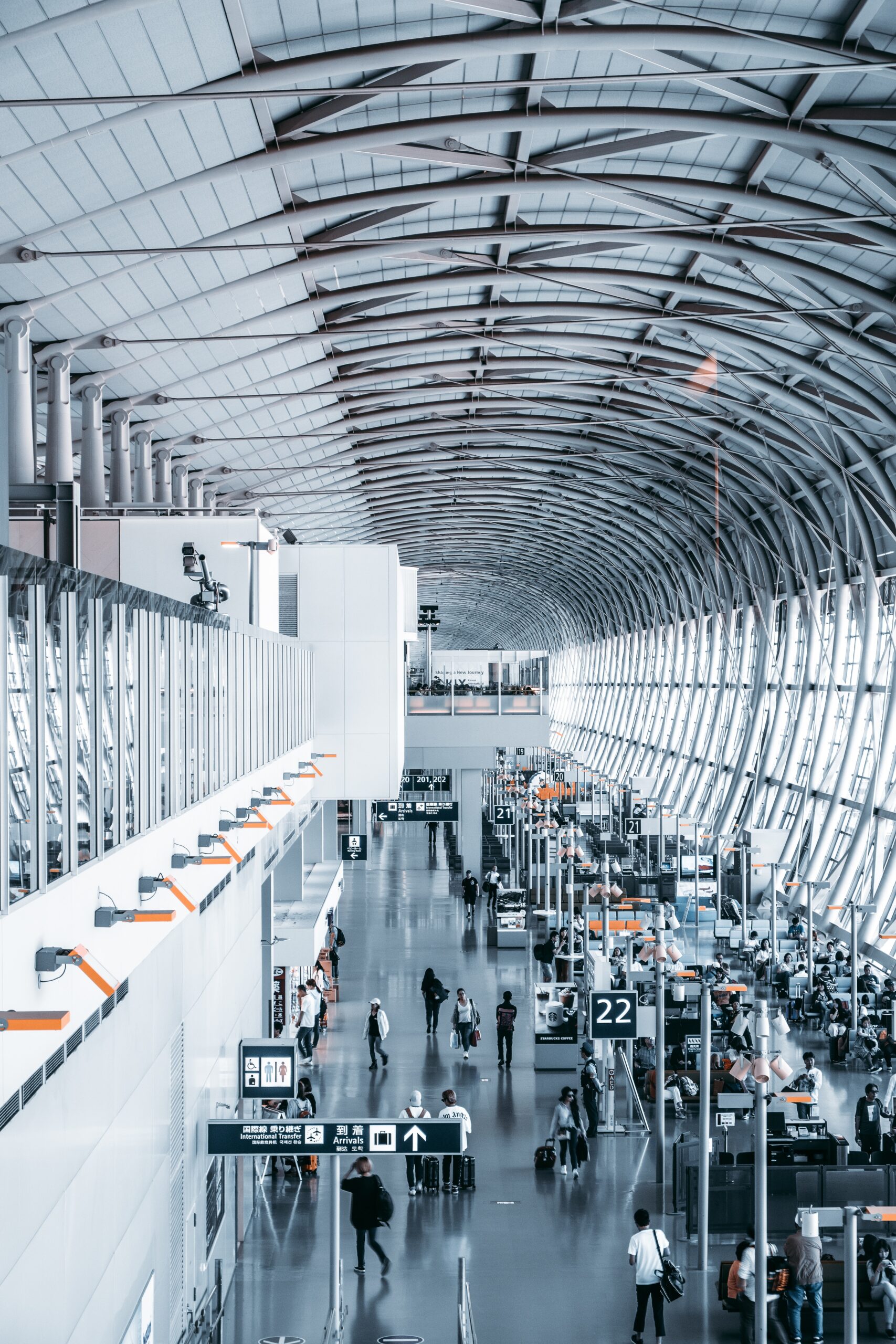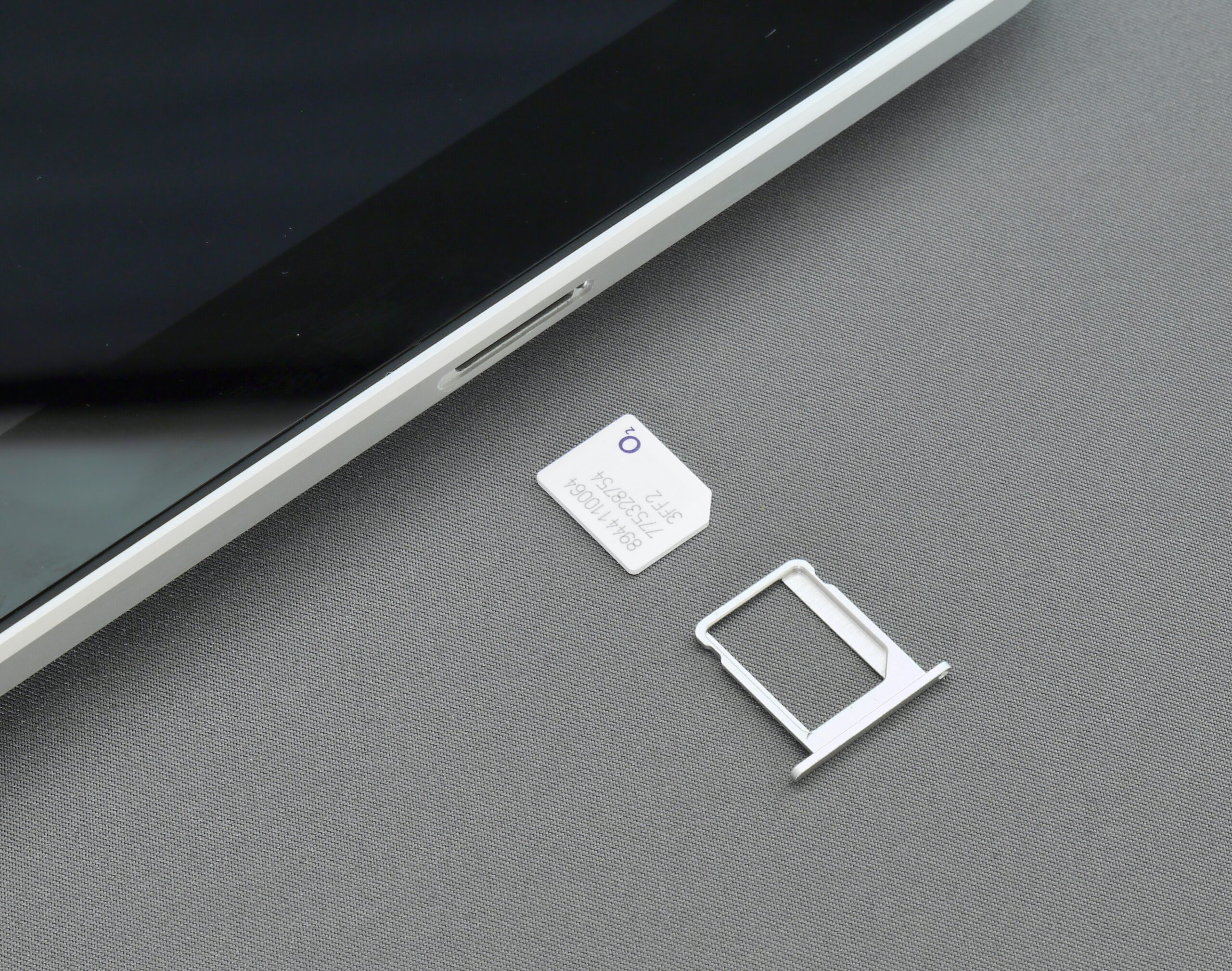Central African Republic Transportation Guide
Central African Republic Transportation Guide: Faces transportation challenges with limited infrastructure; plan ahead, consider local guides, and navigate diverse terrain carefully.


Central African Republic Transportation Guide – International Airports
The Central African Republic (CAR) has several international airports that serve as entry points for travelers coming to the country. These airports facilitate both domestic and international flights. Here are the major international airports in the Central African Republic:
Bangui M’Poko International Airport (BGF): Located in the capital city, Bangui, this is the largest and busiest international airport in CAR. It serves as the primary gateway to the country and offers connections to various international destinations, particularly in Africa and Europe.
Bangassou Airport (BGU): Bangassou Airport is located in the southeastern part of the country, near the border with the Democratic Republic of the Congo (DRC). It provides international flight services, connecting the region to neighboring countries.
Bambari Airport (BBY): Bambari Airport is situated in the central part of the country and offers limited international flights, primarily to nearby African destinations.
Bouar Airport (BOP): Located in the western part of CAR, Bouar Airport provides international flight services connecting the region to other countries in the area.
Berbérati Airport (BBT): Berbérati Airport serves the southwestern region of CAR and offers international flights to neighboring countries.
N’Délé Airport (NDL): N’Délé Airport is located in the northeastern part of the country and provides limited international flight services to nearby destinations.
National Airports
In addition to the major international airports, the Central African Republic (CAR) also has several national airports that serve domestic flights within the country. These national airports play a crucial role in connecting different regions of CAR. Here are some of the national airports in the Central African Republic:
Bangui M’Poko International Airport (BGF): While primarily an international airport, Bangui M’Poko International Airport also handles domestic flights within CAR, connecting the capital city, Bangui, to other cities and towns within the country.
Birao Airport (IRO): Located in the northeastern part of CAR, Birao Airport serves the town of Birao and the surrounding region. It provides domestic flight services.
Bambari Airport (BBY): Bambari Airport, in the central part of CAR, also handles domestic flights, connecting the city of Bambari to other destinations within the country.
Bouar Airport (BOP): Bouar Airport serves the town of Bouar and the western region of CAR. It provides domestic flight services to other parts of the country.
Berbérati Airport (BBT): Located in the southwestern part of CAR, Berbérati Airport offers domestic flights connecting the region to other cities within the country.
N’Délé Airport (NDL): N’Délé Airport, in the northeastern part of CAR, provides domestic flight services within the country.
Zemio Airport (IMO): Zemio Airport serves the town of Zemio and the southeastern region of CAR. It offers domestic flights connecting the area to other destinations in the country.
Central African Republic Transportation Guide – Trains
The Central African Republic (CAR) did not have a functional passenger train service for long-distance travel within the country. The railway infrastructure in CAR had been largely used for transporting goods, particularly minerals and timber, rather than passenger transportation.
Key points regarding trains in CAR:
Historical Railways: CAR has a historical railway network, much of which was constructed during the colonial period for resource extraction and transportation. However, passenger train services had been discontinued for many years.
Freight Transport: The railway infrastructure in CAR primarily focused on freight transportation, particularly for exporting resources.
Limited Passenger Services: While there were discussions about reviving passenger train services in the past, progress in that regard was slow, and passenger train options were limited.


Central African Republic Transportation Guide – Buses
Buses and other forms of road transportation are essential for travel within the Central African Republic (CAR), as the country does not have an extensive national railway network. Road transportation, including buses and minibuses, is the primary means of getting around and connecting different regions of the country. Here are some key points regarding buses and road transportation in CAR:
Minibuses and Shared Taxis: Minibuses and shared taxis, often referred to locally as “clandos,” are common modes of transportation for shorter-distance travel within cities and towns. They are widely used for commuting and can accommodate multiple passengers.
Interurban Buses: Interurban buses operate between major cities and towns, providing long-distance transportation services. These buses connect urban centers, such as the capital city of Bangui, with other regions of the country.
Private Bus Companies: Several private bus companies operate scheduled routes connecting different parts of CAR. These companies offer more comfortable and reliable services than some shared taxis.


We recommend
Central African Republic travel tips
Our guide offers essential Central African Republic travel tips and insights for an unforgettable journey. Plan your trip with us!
Central African Republic Transportation Guide – SIM Cards
For travelers in the Central African Republic:
Registration: Present identification as registration is required for SIM card activation.
Top-Up Options: Recharge with prepaid credit for data and calls at local vendors or through provider apps.
Network Coverage: Confirm coverage in your specific travel areas as it may vary.
Data Plans: Explore data packages for internet access; choose a plan based on your usage.
Phone Compatibility: Ensure your phone is unlocked to use local SIM cards.
Roaming Charges: Check with your home provider regarding international roaming rates; local SIMs may offer better deals.
Customer Service: Save customer service numbers for assistance; English may not be widely spoken.
Dual SIM Phones: Use a dual SIM phone if possible to keep your home number active.
Emergency Calls: Know local emergency numbers; keep your phone charged for emergencies.
Wi-Fi Availability: Rely on Wi-Fi in hotels or cafes; it may be more stable than mobile networks.
Data Speeds: Be aware that data speeds can vary, especially in remote areas.
Balance Check: Learn how to check your balance; providers usually have USSD codes for this.
SIM Replacement: Understand the procedure for replacing a SIM card if it gets lost or damaged.
Local Assistance: Seek help from locals or your accommodation if you encounter any issues.
Return Policy: Inquire about the return policy when purchasing a SIM card; clarify terms and conditions.
Currency Converter
Currency Converter EUR/USD: Sun, 1 Jun.
Unit Converter
Central African Republic Transportation Guide – Maps
What map do you need?
Choose your destination
More information about this country






